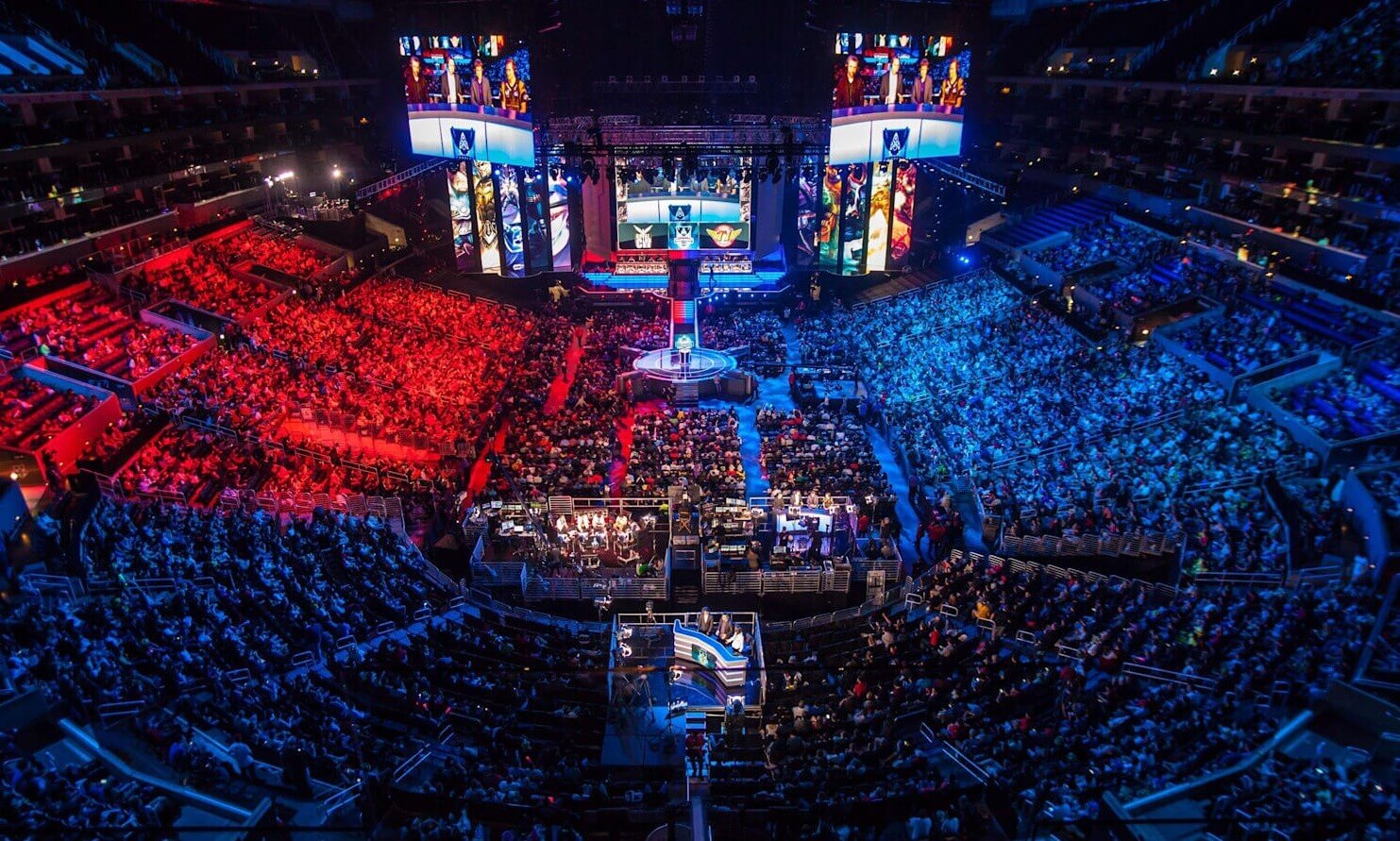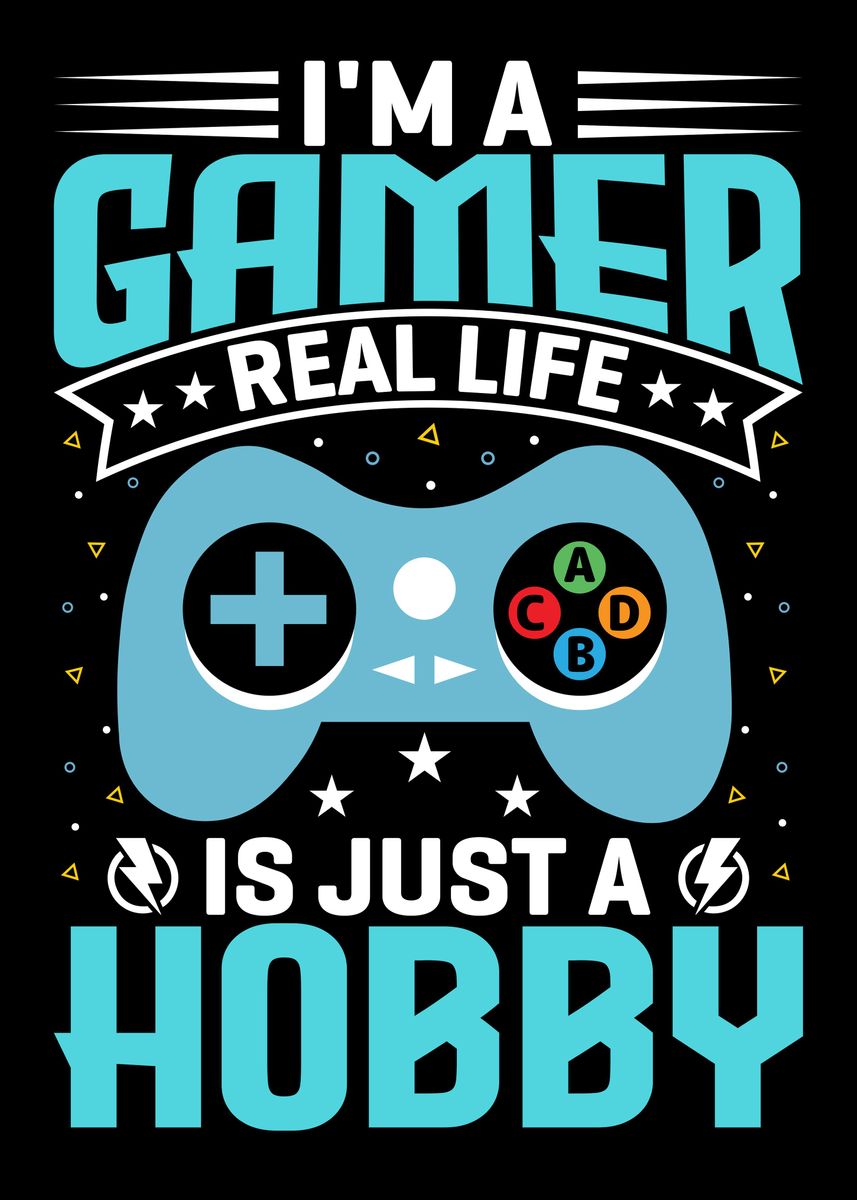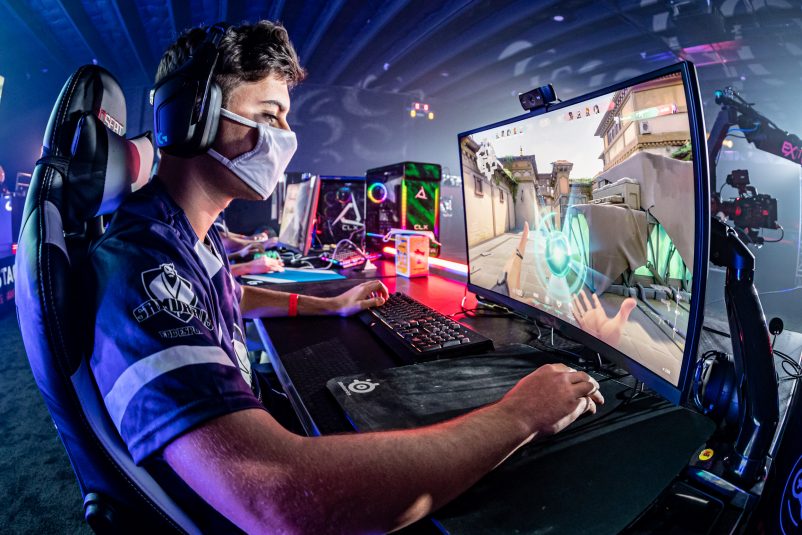Esports, short for electronic sports, refers to competitive video gaming. In recent years, esports has gained immense popularity worldwide, with millions of people tuning in to watch tournaments and competitions. While traditional sports have enjoyed decades of global recognition, esports is relatively new but is fast becoming an industry to be reckoned with. In this blog post, we will explore how gaming is changing the landscape of competitive sports.
The Growth of Esports
The esports industry has been growing exponentially in recent years. According to a report by Newzoo, a market research firm, the global esports economy is expected to generate $1.1 billion in revenue in 2021 alone, a 14.5% increase from 2020. The industry is expected to keep growing, with revenue predicted to reach $1.6 billion by 2024.
Esports Competitions
Esports competitions are held throughout the year, with different games and tournaments attracting millions of viewers worldwide. Some of the most popular games in esports include Dota 2, League of Legends, Counter-Strike: Global Offensive (CS:GO), Fortnite, and Overwatch. Major competitions include The International for Dota 2, League of Legends World Championship, and the Intel Extreme Masters for CS:GO.
Esports and Traditional Sports
While esports is a relatively new phenomenon, it is changing how we view competitive sports. Esports is not only attracting a younger audience compared to traditional sports but is also competing for their attention. As esports continues to grow, many traditional sporting organizations are taking notice. For example, the National Basketball Association (NBA) launched the NBA 2K League in partnership with Take-Two Interactive, bringing together 21 teams to compete in a professional esports league.
Esports also offers traditional sport fans an alternative way to connect with their favorite teams and players. For example, Manchester City, a Premier League football club, signed a professional gamer to represent the team in FIFA esports competitions. This move saw the club extend its reach beyond traditional sports into esports.
Social Impact of Esports
Esports is no longer just a hobby for gamers; it is now a career for professional esports players. This has led to the recognition of esports as a legitimate career path, with colleges and universities offering esports scholarships. Furthermore, esports tournaments and competitions bring people from all walks of life together, promoting inclusivity and diversity.
Esports is also responsible for creating jobs outside of the gaming industry, including shoutcasters, analysts, and organizers. The growth of esports has opened up new opportunities for individuals looking to pursue a career in a field they love.
Conclusion
Esports is changing the landscape of competitive sports. Its immense growth and popularity have not only attracted new audiences worldwide but also influenced how we view traditional sports. As the esports industry continues to grow, it is essential to recognize its impact, not only on the gaming industry but on the global economy as well.











